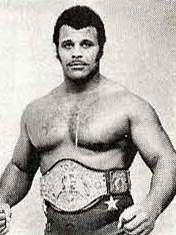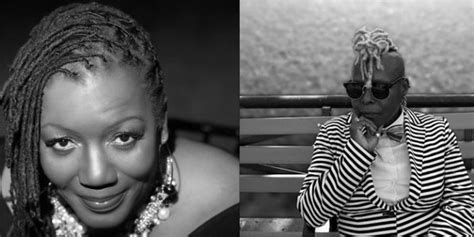A Quote by Jill Stein
I don't use those terms [like Uncle Tom], and I would never speak in that kind of language.
Related Quotes
Just as Uncle Tom, back during slavery used to keep the Negroes from resisting the bloodhound or resisting the Ku Klux Klan by teaching them to love their enemies or pray for those who use them despitefully, today Martin Luther King is just a twentieth-century or modern Uncle Tom or religious Uncle Tom, who is doing the same thing today to keep Negroes defenseless in the face of attack that Uncle Tom did on the plantation to keep those Negroes defenseless in the face of the attack of the Klan in that day.
How you speak and the words you use tell much about the image you choose to portray. Use language to build and uplift those around you. Profane, vulgar, or crude language and inappropriate or off-color jokes are offensive to the Lord. Never misuse the name of God or Jesus Christ. The Lord said, "Thou shalt not take the name of the Lord thy God in vain" (Ex. 20:7).
The language that we use now impacts on the ability to vote, it impacts on the marketplace; instead of making things clear, it makes it more confusing. I think we need to stop using neutral language and speak in straighter terms. So when you agree to something, you actually get what you agreed to in the first place.
I speak English, obviously, Afrikaans, which is a derivative of Dutch that we have in South Africa. And then I speak African languages. So I speak Zulu. I speak Xhosa. I speak Tswana. And I speak Tsonga. And like - so those are my languages of the core. And then I don't claim German, but I can have a conversation in it. So I'm trying to make that officially my seventh language. And then, hopefully, I can learn Spanish.
Being a slow reader would normally be a deficiency; I found a way to make it an asset. I began to sound words and see all those qualities - in a way it made words more precious to me. Since so much of what happens in the world between human beings has to do with the inconsideration of language, with the imprecision of language, with language leaving our mouths unmediated, one thing which was sensuous and visceral led to, in the use of language, a moral gesture. It was about trying to use language to both exemplify and articulate what good is.
I try to write each piece in the language of the piece, so that I'm not using the same language from piece to piece. I may be using ten or twenty languages. That multiplicity of language and the use of words is African in tradition. And black writers have definitely taken that up and taken it in. It's like speaking in tongues. It may sound like gibberish to somebody, but you know it's a tongue of some kind. Black people have this. We have the ability as a race to speak in tongues, to dream in tongues, to love in tongues.


































